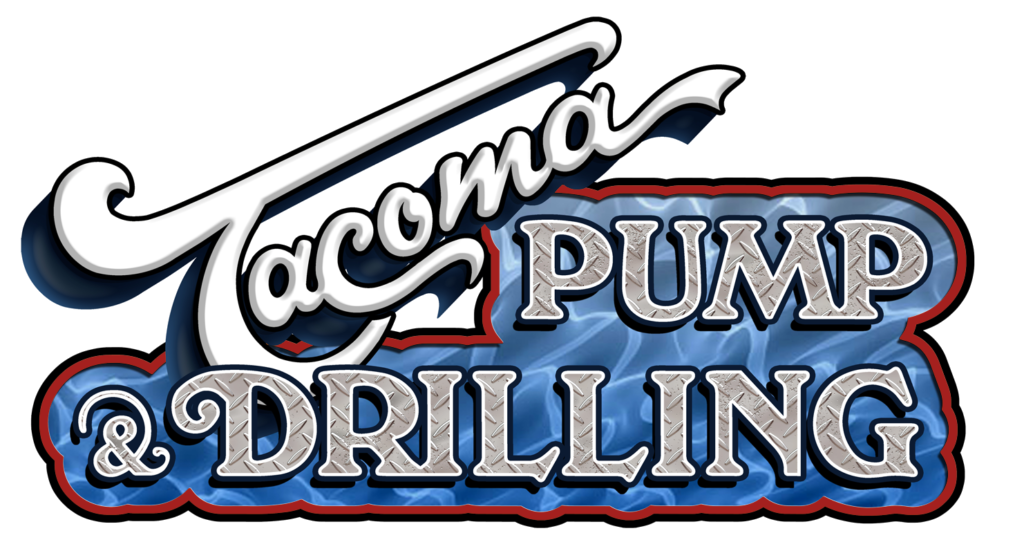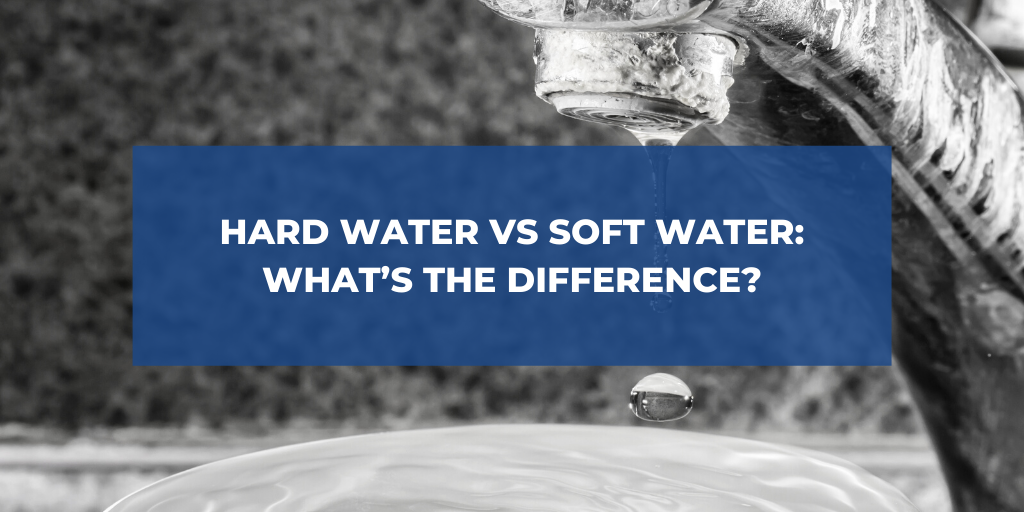You’ve probably heard references to hard and soft water and wondered which applies to your drinking water. Is it bad to have hard water vs soft water? Is there anything you can or should do to make your water better or safer? In this blog, we’ll unpack the difference in water hardness, why it matters, and what, if anything, you can do to improve the quality of your water.
What Causes Hard Water?
The hardness of water is determined by the presence of minerals. Two specific minerals—magnesium and calcium—are major contributors to water hardness. The more magnesium and calcium, the harder your water.
These minerals are absorbed when water passes through naturally occurring substances such as limestone or gypsum. Regions of the United States that have large deposits of limestone and gypsum experience harder water.
Soft water, on the other hand, has higher levels of sodium. When fewer dissolved minerals are present, water is considered soft.
How to Tell the Difference Between Hard Water vs. Soft Water
There are many contributing factors that help determine whether water is soft or hard. The most obvious indicators of hard water come into play when you are doing your normal household chores.
- Water spots on your dishes after running them through the dishwasher. The calcium in the water creates a deposit on the surface of your dishes.
- Dingy-looking clothes. The mineral buildup causes the fabric to wear out faster.
- Mineral deposits or scale in your appliances. This can also reduce the lifespan of your machines.
- Difficulty washing the soap off your hands and body. You often feel a film that takes much longer to wash away.
- Dry skin or scalp. Hard water can impact the pH balance of your skin, inflaming eczema or causing dry, itchy skin.
- Low water pressure. The buildup of minerals clogs showerheads and pipes, leaving you with less than optimal water pressure.
Soft water has the opposite effect in the home:
- Dishes and clothes come out of the wash looking clean and less worn out.
- Water pressure remains stable.
- Appliances experience the expected lifespan.
- Soap and shampoo lather nicely in the shower, washing dishes, and in the washing machine.
- It is easy to rinse the soap from your hair and body.
- Water can sometimes taste slightly salty as opposed to earthy or metallic, although some people do not notice a difference in taste.
When it comes to drinking water, many people prefer hard water because of the naturally occurring minerals it provides to your body. While soft water isn’t unhealthy, those who need to manage their sodium intake may wish to avoid it.
Water Hardness in Western Washington
The hardness of water varies from region to region in the United States. It also varies from home to home. Much of the water in Western Washington’s cities is only slightly hard or even soft. Water in the eastern part of the state tends to be much harder.
However, homes or municipalities that use well water also tend to have harder water. This is because the well water passes through the ground, collecting minerals as it goes.
If you own a well and think your water is hard, there are ways to test the hardness scale. Both home test kits and private labs are available to test your water.
If you are attached to a public water system, annual reports should reflect the hardness scale of your water. The scale is typically measured in grains per gallon as follows:
- Less than 1 gpg is soft
- Between 1 and 3.5 gpg is slightly hard
- From 3.5 to 7 gpg is moderately hard
- Between 7 and 10.5 gpg is hard
- More than 10.5 gpg is very hard
Some public water systems in Washington pull their water from underground aquifers using a series of wells. In those cases, your water may be harder than other nearby cities that collect surface water rather than groundwater.
Knowing if your water is hard or soft is the first step to battling some of those pesky household water problems. As a well owner, you gain the advantage of managing your water supply including access to mineral-rich water while still protecting your appliances and home with water softening techniques. If you want to learn more about adding a well to your property, visit our residential drilling resource page or submit a start card to get your project started today.

